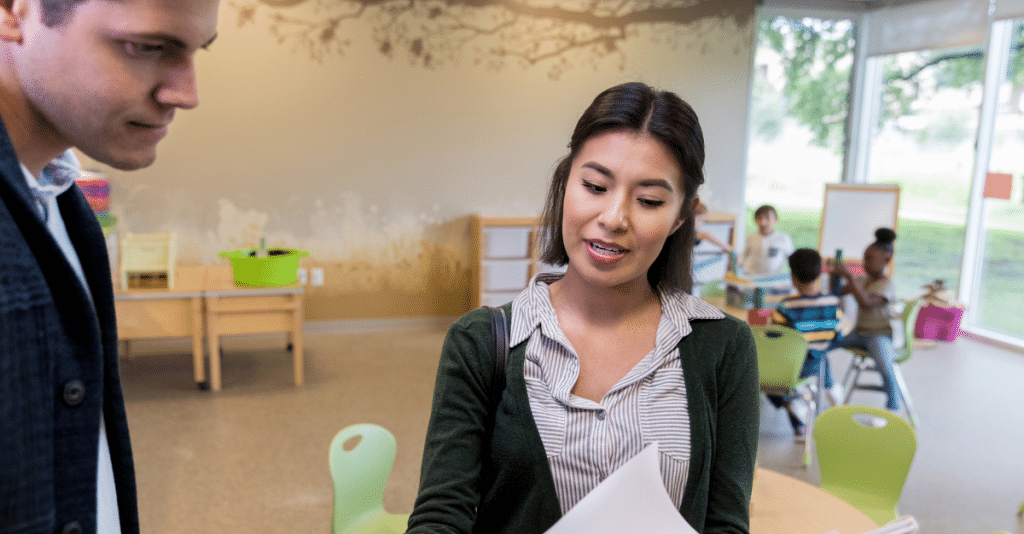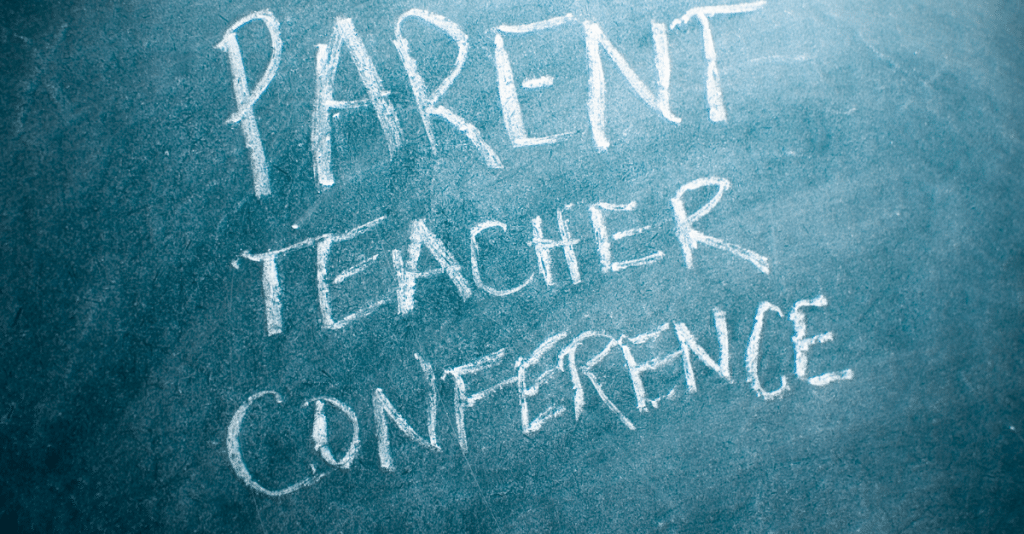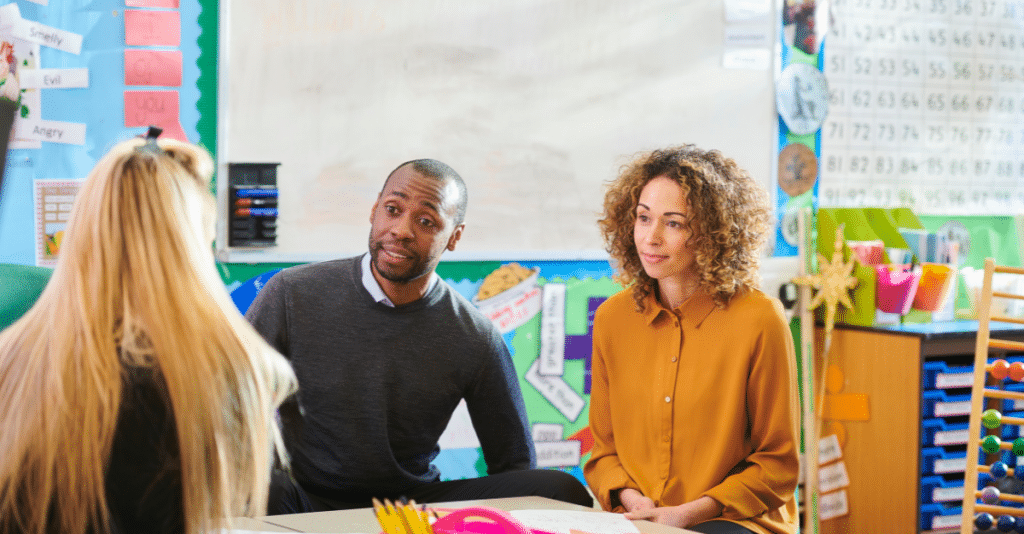Parent-Teacher Communication: Building a Strong Partnership for Your Child’s Education
Parent-Teacher Communication: Building a Strong Partnership for Your Child's Education

Preschool is a pivotal time in a child’s educational journey, marked by curiosity, exploration, and foundational learning. In this formative period, the partnership between parents and teachers plays a crucial role in shaping a child’s overall development. Effective parent-teacher communication is the cornerstone of this partnership, fostering a supportive and collaborative environment. This guide delves into the significance of parent-teacher communication in preschool, offering valuable parenting tips to build a strong alliance for your child’s education.
1. Establishing Open Lines of Communication
The foundation of a successful parent-teacher partnership lies in open and transparent communication. Parents and teachers should feel comfortable sharing insights, concerns, and observations about the child. Create channels for regular communication, such as emails, newsletters, or parent-teacher conferences, to facilitate ongoing dialogue.
2. Attending Parent-Teacher Conferences

Parent-teacher conferences are invaluable opportunities to discuss a child’s progress, strengths, and areas for improvement. Actively participate in these conferences, ask questions, and seek clarification on your child’s development. These face-to-face interactions provide a deeper understanding of the child’s experiences in the preschool environment.
3. Sharing Information About Your Child:
Parents are the primary source of information about a child’s background, interests, and unique characteristics. Share relevant details about your child’s routines, preferences, and any significant events at home. This information equips teachers with a holistic understanding of the child, enabling them to tailor the learning experience to individual needs.
4. Actively Participating in School Activities
Engage in school activities and events to foster a sense of community. Attend parent-teacher meetings, school performances, and special events. Active participation demonstrates your commitment to your child’s education and creates opportunities for informal communication with teachers and other parents.
5. Utilizing Digital Platforms
Embrace digital platforms that facilitate communication between parents and teachers. Many preschools use apps or online platforms to share updates, photos, and important information. Stay connected through these platforms to stay informed about classroom activities and to receive timely updates on your child’s progress.
6. Addressing Concerns Promptly
If you have concerns or questions about your child’s development, address them promptly with the teacher. Open communication about challenges or changes at home can help teachers provide appropriate support. Early intervention is key to addressing issues and fostering a positive learning environment for the child.
7. Valuing Teacher Feedback

View teacher feedback as a valuable resource. Teachers observe your child in a structured learning environment and can provide insights into their academic, social, and emotional development. Acknowledge and appreciate the feedback, and collaborate with teachers to implement strategies that support your child’s growth.
8. Creating a Consistent Home-School Routine
Establish a consistent routine that aligns with the preschool schedule. Consistency between home and school routines creates stability for the child. Share relevant aspects of your home routine with teachers to ensure a seamless transition for the child between the two environments.
9. Participating in Parent Education Workshops
Many preschools offer parent education workshops to provide insights into early childhood development and effective parenting strategies. Attend these workshops to enhance your understanding of your child’s learning journey and to gain valuable parenting tips that align with the preschool’s educational approach.
10. Respecting Professional Boundaries
While open communication is essential, it’s crucial to respect professional boundaries. Trust the expertise of teachers and administrators in providing a nurturing learning environment. If you have concerns, approach them with an open mind and collaborate to find constructive solutions.
11. Celebrating Achievements, Big and Small
Celebrate your child’s achievements, whether big or small. Share these milestones with teachers, and acknowledge the collaborative effort between home and school that contributes to the child’s success. Positive reinforcement and celebration create a supportive atmosphere for continued growth.
12. Engaging in Two-Way Communication
Effective communication is a two-way street. Encourage teachers to share insights about your child’s daily experiences, accomplishments, and challenges. This exchange of information strengthens the partnership and ensures that both home and school work cohesively towards the child’s educational and personal development.
CONCLUSION

In conclusion, parent-teacher communication in the preschool years is not just a formality but the linchpin of a collaborative and supportive educational environment. By actively engaging in open communication, attending conferences, and participating in school activities, parents can contribute significantly to their child’s success. This partnership, grounded in mutual respect and shared goals, creates a holistic learning experience beyond the classroom. As parents and teachers join forces, the child becomes the beneficiary of a cohesive and nurturing educational journey, setting the stage for a lifetime of learning and growth.
Mulberry School Tour
Our Locations
Click here to visit our Contact Us page and view the preschool/infant care centres conveniently located near you.
CONNECT WITH US
USEFUL LINKS
About Us
Mulberry Learning prides itself on making the preschool experience both memorable and enjoyable while transforming a child into a competent explorer, an imaginative thinker, and a creative problem solver. Through our proprietary award-winning curriculum, unique Habits of Mind programme and dedicated staff who are passionate about imparting positive attitudes, Mulberry Learning holds strong in its promise to deliver a holistic education that nurtures the Future Ready Child.
A PREMIUM PRESCHOOL BRAND UNDER GLOBAL EDUHUB


